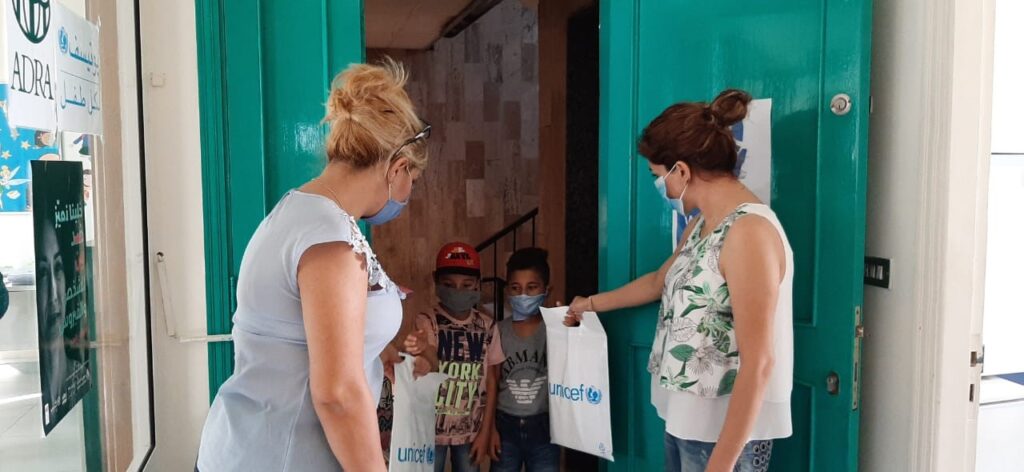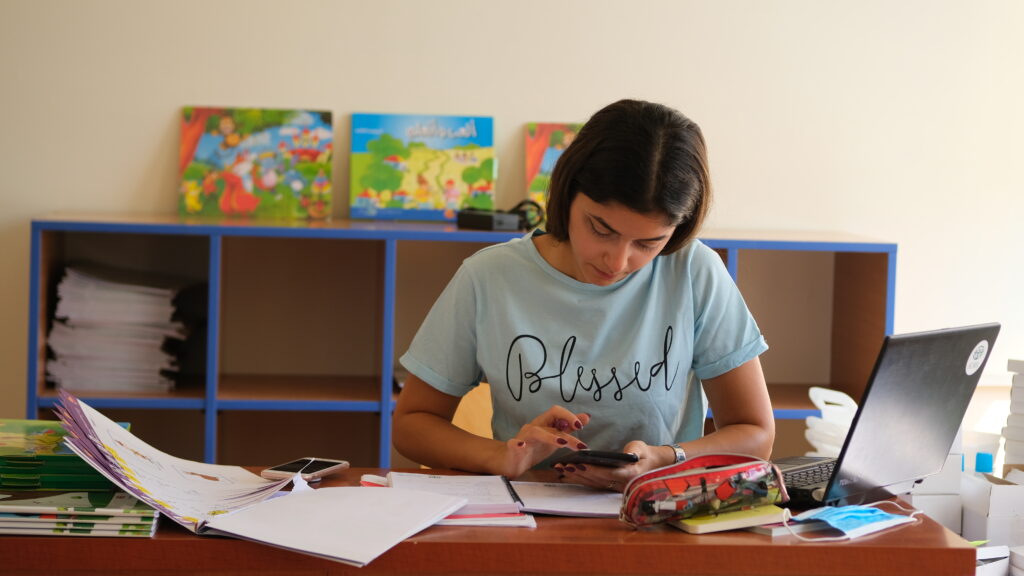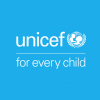
The Education Project “Supporting Vulnerable Girls and Boys to Access and Remain in Education in Lebanon” funded by UNICEF started officially on March 16, 2020 to provide both Syrian refugees and Lebanese children with: early childhood education (ECE) to 5 year old’s, and retention support to children in grades 6 to 9.
ADRA has established 4 learning centers: one in Joub Jannine and another one in Dalhamiya, Bekaa, one center in Aarsal, Baalbek-Hermel and one learning center in Dekwaneh, Mount Lebanon.

Despite all the difficulties faced during the implementation of the launching phase of the project (Covid-19 lockdown an political and security unrest in Lebanon), our outreach officers were able to reach the largest possible number of children at the age of five years. What was a usual practice to meet, face to face. With parents, focal points and other support organizations to acquire data about students all of this was replaced by phone calls, virtual meetings and social media communication means. WhatsApp groups, were the most reliable means of communication that were adopted by outreach officers to provide guidance and awareness campaigns to confront Corona Virus, follow up on distance education and ensure that children right to pursue their education is maintained.
Due to COVID-19 pandemic, intermittent lockdowns and school closures policies were enacted. A major shift in providing education assistance to children in Community-Based Learning Centers and in public schools was adopted to mitigate the growing risks of exposing children, their guardians and staff to COVID-19, Outreach officers in Mount Lebanon, Bekaa and Baalbek-Hermel conducted a Learning Readiness Rapid Assessment (LeaRA), in coordination with the Education sector, with parents of the identified children to assess the technological facilities available within the targeted communities. After finalizing the assessment, recommendations were made as to what is the best alternative approach (es) to be adopted based on the assessment findings.
As of November 2020, ADRA included 490 (5 years old) children in the ECE program and launched its online remote learning. The ECE facilitators were recording weekly lessons for each subject—Math, Science, Arabic, French/English. Interaction with students was done throughout the day; visual aid, posters and worksheets were shared, worked on and discussed on the spot. By the end of the week the facilitators will test every child progress in every subject.
Beneficiaries were reimbursed with a monthly 3G data rechargeable card to enable the children to receive, watch and interact with the online lessons. To compliment the online lessons, ADRA Lebanon through the UNICEF project provided each child received with a kit containing homework sheets, stationery and snack.
As of September 2020 ADRA included 45 students in RSP (Retention Support Program).
A pre-test was performed to assess the children’ educational levels in related educational subjects, a comprehensive curriculum was formulated based on the pre-test findings then the online remote learning classes were launched covering Arabic, English, French, Math and science in addition to Life skills and PSS sessions for G6, G7and G8 in Jobjnnine and Arsaal (Baalback-Hermil)
Beneficiaries were reimbursed with a monthly 3G data rechargeable card to enable the children to receive, watch and interact with the online lessons.
ADRA Lebanon through UNICEF funded project provided every student on a monthly basis with a stationary kit that contains 2 notebooks, pencil, red pen, blue pen, ruler, Mathematic kit, folder, eraser, sharpener and correction pen.
During communication with our beneficiaries, ADRA also identified cases that need referral. This has been the common procedure for children with disabilities, where ADRA’s Inclusion Officer identifies and collect data about the case. The inclusion officer will then refer the child through the Referral Information Management System (RIMS) enabling organizations such as Handicap International to provide them with the needed support. Other beneficiary cases have also been referred such as families who require financial support, medicine, and other emergency needs. This platform has been successful in ensuring that beneficiaries that have needs outside the scope of our intervention are immediately supported.
PROJECT DONORS

